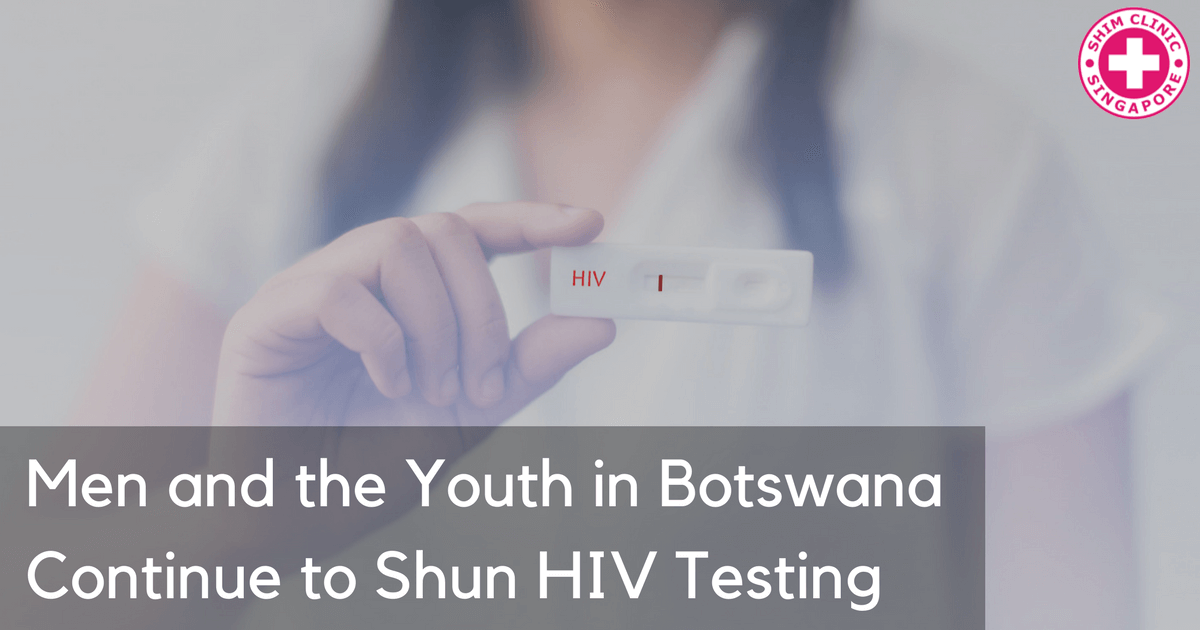Men and youth in Botswana are refusing to go for HIV testing making it difficult for health officials in the country to fight the disease. According to the country’s minister for Health and Wellness, Dorcas Makgato, these two demographics were the least involved in testing and therefore, majority of them are not aware of their HIV status.
The country is currently running a 90-90-90 initiative. The initiative is working on making sure that by the year 2020, 90% of all HIV+ people will be aware of their HIV status. Also, that by the same year, 90% of the patients diagnosed with HIV will be put on Antiretroviral therapy (ARV) and hopefully that 90% of all people already taking Antiretroviral therapy will have suppressed viral loads.
Botswana Making Great Strides in Fighting HIV
According to the minister, the country has been making significant strides since the 90-90-90 campaign was introduced three years ago.
The minister is hopeful that it will achieve the 90-90-90 target but was still concerned with the challenge of youths and men not getting tested and knowing their status. She said that even though people were going for HIV testing in large numbers, the majority of these are normally women and older people.
Since the former President Festus Mogae took power up to date, the government has been spending a lot of funds in the fight against HIV/AIDS helping to achieve a lot towards the 90-90-90 campaign. The government has be giving citizens free ARVs and there’s an ongoing Prevention of Mother to Child Transmission (PMCT) program targeting infected pregnant women. the programme has seen mother to child transmission reduce by more than 80 percent.
Need for Behaviour Change
The minister believes that there is need for behavioural change. She noted that the youth are not interested in protective measures such as use of condoms and most importantly to know their HIV status.
According to the minister one out of two HIV+ people are not aware of their status. This puts them, their loved ones and the nation at huge risk. She stressed the need to educate and encourage these two demographics on how to protect themselves from getting the the disease.
Young people are at an age where they are experimenting with sex and many of them are not aware of the danger they put themselves into whenever they have unprotected sex. Many of them are also still ignorant to the existence of HIV and HIV PEP treatment and other sexually transmitted diseases.
While the minister is proud of the major strides Botswana has made in fighting HIV in the country through its endless efforts, commitment and support, she also feels concerned about the increasing rates Sexual Transmitted Infections (STIs), which are believed to accelerate the spread of HIV.
She appealed to other concerned bodies, including UNAIDS, to help the country in its fight against HIV and other STIs. She believes that the government cannot win this fight on its own, it needs support from partners.
Many countries, especially in Africa, are committed in fighting HIV/AIDS but they struggle with funds. Any support available would go along way to help eradicate the world of this disease. It’s encouraging to see campaigns such as Botswana’s 90-90-90 initiative.

